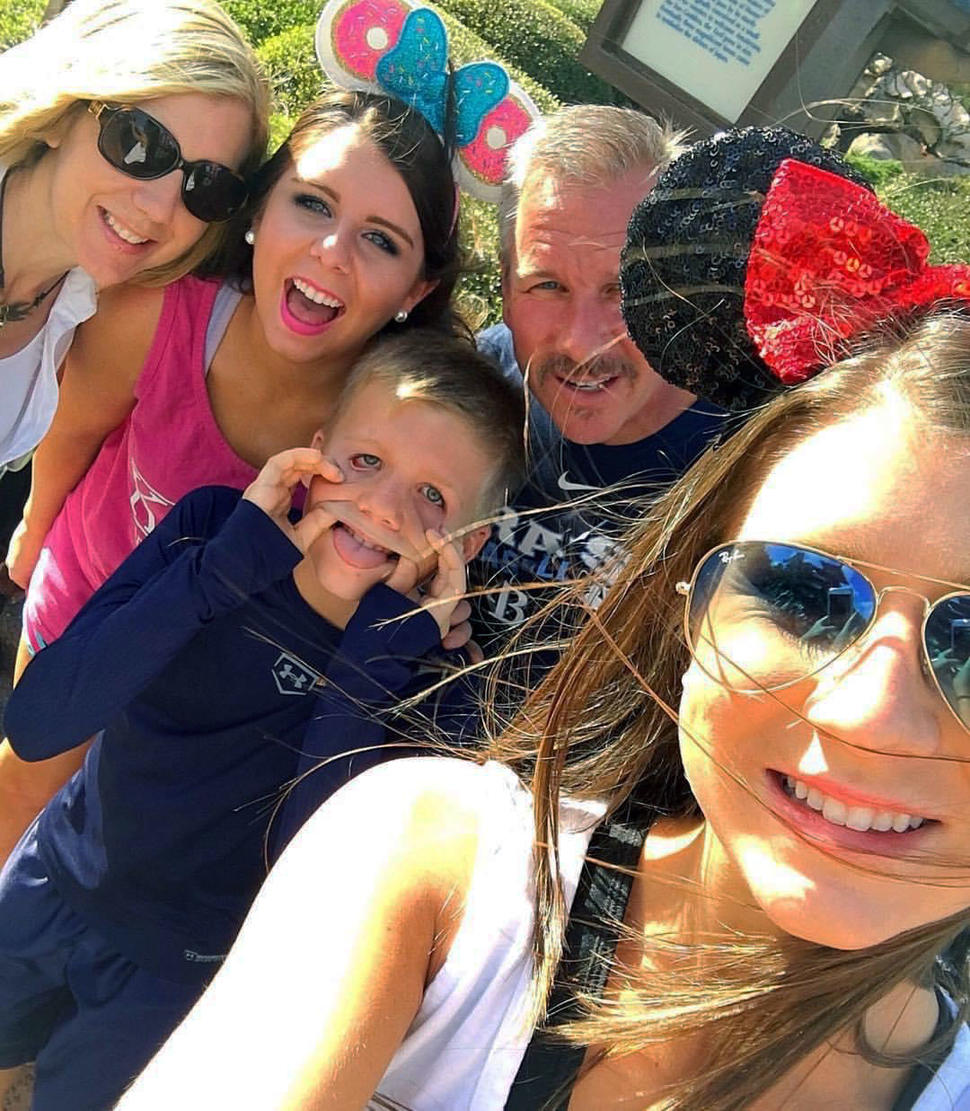Why People with Rare Tumors Should Find a Good Medical Team
, by Jen, Ependymoma Survivor
Jen has lived with an ependymoma for over eight years and undergone multiple treatments, including three brain surgeries. She shares how her determination to go back to work and find a good medical team has helped her live her best life.
In May 2014, I was making breakfast for my kids when I had a grand mal seizure and collapsed. My high-school-aged daughter called for an ambulance. Scans at the hospital revealed I had a tumor in my brain.
I did not have much time to process the event. I needed to have surgery—which I did a few days later—and be out of the hospital in time for my daughter’s prom on the following Saturday.
This was the first of three surgeries I would undergo for my brain tumor called an ependymoma. An ependymoma, like me, is stubborn. It keeps coming back, but I keep fighting it off.
It recurred in 2019 and 2022. Both times I had a surgery called a craniotomy to remove the tumor. I also participated in a clinical trial at the NCI Center for Cancer Research's Neuro-Oncology Branch in 2020 and had two rounds of radiation in 2022.
I know I have a tumor, but I continue to live my life the best way I know how: by doing my job as a pharmacist, being with my family, and trusting my medical team.
Managing My Symptoms to Gain Independence
It was rough at the beginning of my diagnosis. I went back to work full-time after my first surgery but had multiple seizures at work. Each time I had to go back to the hospital. It was frustrating because seeing my customers gives me purpose. I appreciate knowing they need me.
I know I have a tumor, but I continue to live my life the best way I know how: by doing my job as a pharmacist, being with my family, and trusting my medical team.
Fortunately, I have not had a seizure since 2018 and have not had any major cognitive deficits. But each surgery is harder to recover from, making it harder to get back to work. After my most recent surgery in May 2022, I began a leave of absence from work because my surgeon said I could not work more than four hours a day. I am also not yet able to drive, which is my biggest anger, and have some short-term memory loss.
Despite these challenges, I feel blessed that my symptoms and deficits have been less than what other people with rare brain and spine tumors experience. I joined a brain tumor support group and have made friends with fellow patients going through treatment at NIH. It gives me energy to see others and share with them. Every baby step in the recovery process gets me closer to what I want to do with my life, including traveling and returning to work full-time.
Researching to Find the Best Care
I encourage people to do their research. There are resources out there to help you find a good medical team so you can receive the best care. My diagnosis and treatment started in Florida. After six years and two recurrences, I knew I needed more medical help with my ependymoma. I came to the NCI-CONNECT Clinic at NIH in 2020 and the doctors are great. They have experience treating my tumor type, which gives me confidence that they know what they are doing.
My husband and three kids are my best supporters; they have handled my diagnosis better than I could have expected. Although they get mad at me when they think I may argue too much and am not following the “doctor’s orders,” it makes me feel better that I still have my determination.
Finally, remember to trust the process. A brain tumor diagnosis is like a hurricane. You’re hit with a surge—strong winds, rainfall, and flooding—then suddenly the wind and rain stop, and a blue sky appears overhead. The clean-up won’t be easy, but you will recover and be more determined and resilient than you ever could have imagined.
